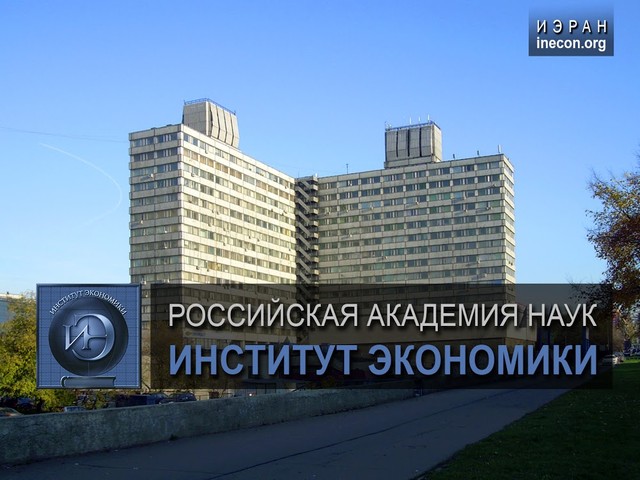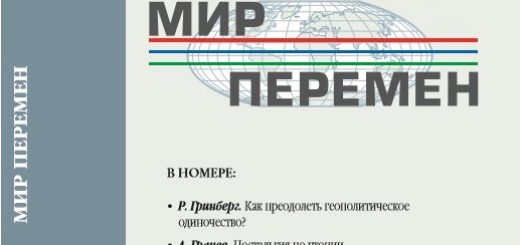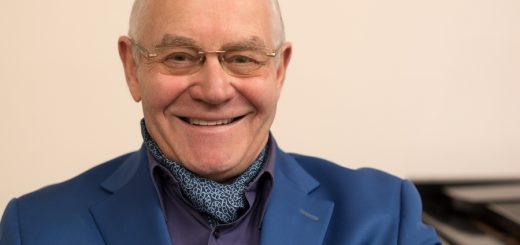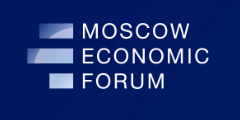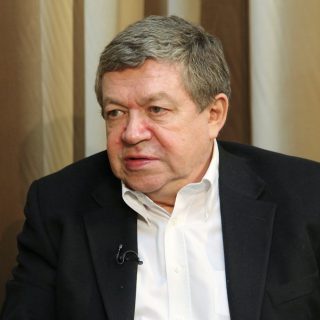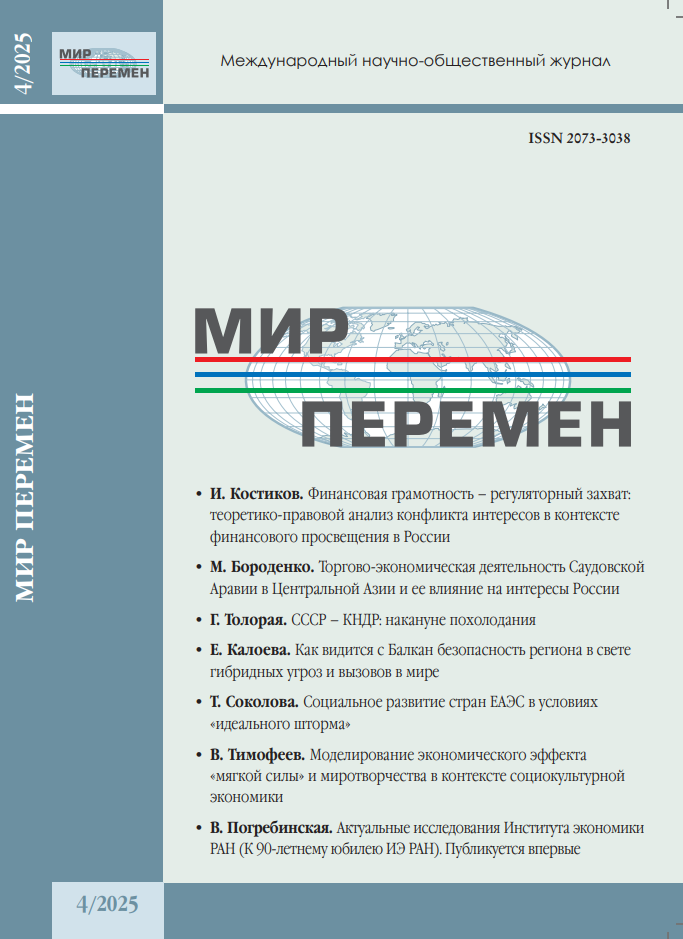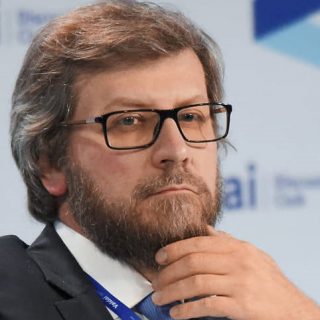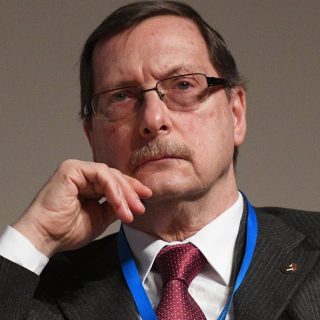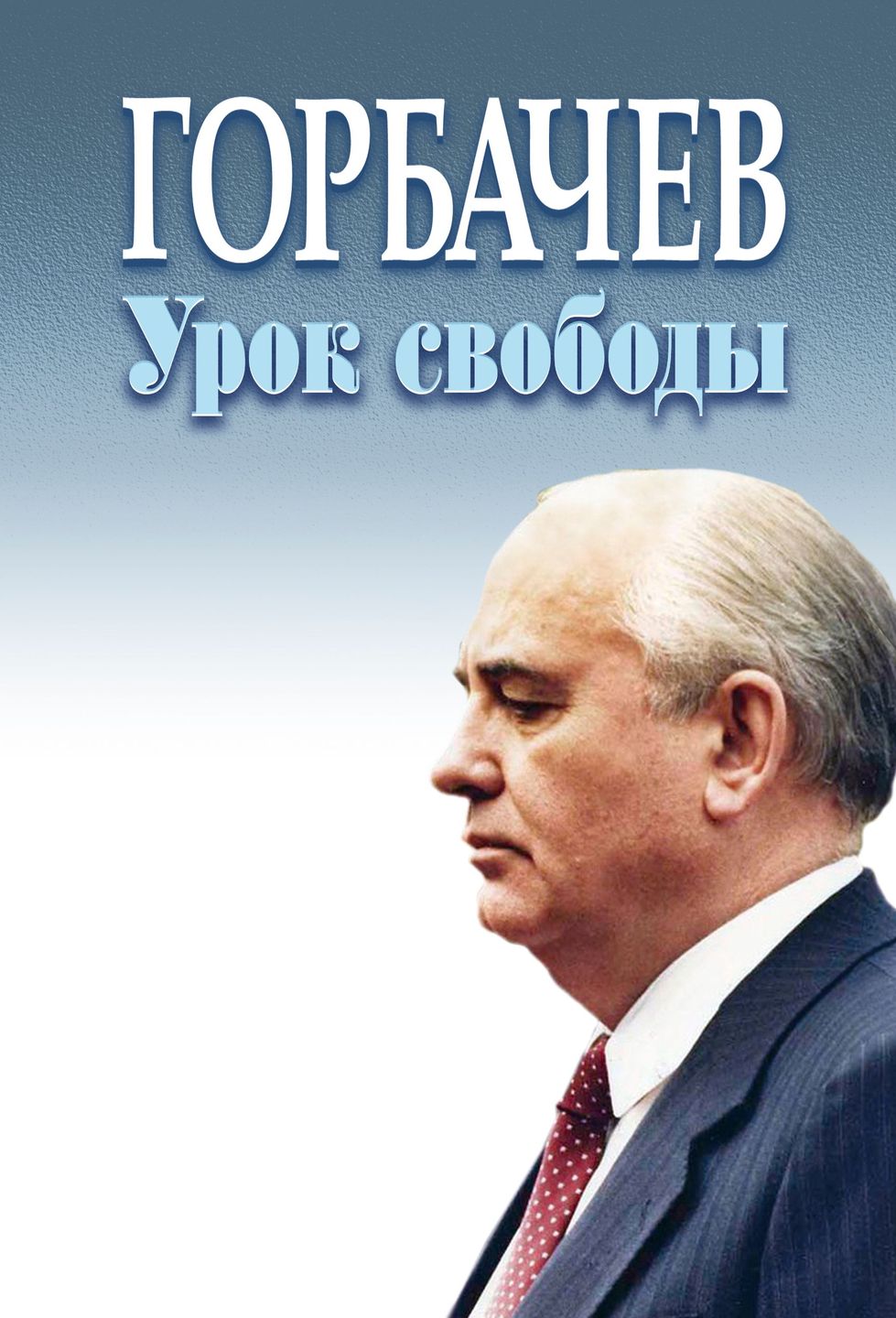Новая экономическая теория государства (Научный доклад к юбилею Института экономики РАН)
А. Рубинштейн. Новая экономическая теория государства (Научный доклад к юбилею Института экономики РАН)
УДК: 330.8
EDN: ZEQENG
DOI: 10.51905/2073-3038_2025_2_56
Классификация JEL: А12, А13, А14, B41, H41, Z13
Положение о несводимости общественного интереса к индивидуальным предпочтениям лежит в основе общей логики Концепции экономической социодинамики (КЭС) и ее наследия, что позволяет рассматривать их как комплекс идей, расширяющих границы экономического анализа. Исследование показало также, что ряд теоретических результатов, полученных в период 2000–2025 г., может иметь более общее научное обоснование, опирающееся на достижения современной философии и теоретической социологии, обусловившие авторское введение в научный оборот принципа методологического релятивизма. Использование этого принципа и анализ четырех относительно самостоятельных и не сильно пересекающихся философских доктрин релятивизма, оказавших в последние десятилетия наибольшее влияние в академической среде, позволили сформулировать особенности релятивистской методологии, «уравнивающей в правах» интересы индивидов и автономные интересы государства.
Представлено принципиально новое направление исследований, продолжающее общую линию и логику КЭС, в котором релятивистская методология и наличие автономного интереса государства позволили определить более общее содержание самой категории государства и введение его новой парадигмы в форме метасистемы «политическая власть – экономика – гражданское общество», включая измерение социальной структуры государства и ее сбаланси
Ключевые слова: индивидуализм, холизм, философия, теоретическая социология, методологический релятивизм, государство, власть, экономика, гражданское общество.
Александр Яковлевич Рубинштейн – кандидат экономических наук, доктор философских наук, профессор, руководитель научного направления «Теоретическая экономика» Института экономики РАН, заслуженный деятель науки РФ (г. Москва).
A. Rubinstein. The New Economic Theory of the State (Scientific Report for the Anniversary of the Institute of Economics of the Russian Academy of Sciences)
Abstract. The provision on the irreducibility of public interest to individual preferences underlies the general logic of the Concept of Economic Sociodynamics (CES) and its legacy, which allows us to consider them as a set of ideas that expand the boundaries of economic analysis. The study also showed that a number of theoretical results, which had been obtained in the period 2000–2025, may have a more general scientific justification, based on the achievements of contemporary philosophy and theoretical sociology, which determined the author’s introduction of the principle of methodological relativism into scientific circulation. The use of this principle and the analysis of four relatively independent and not strongly overlapping philosophical doctrines of relativism, which have had the greatest influence in the academic environment in recent decades, made it possible to formulate the features of the relativistic methodology that «equalizes the rights» of the interests of individuals and the autonomous interests of the state.
A fundamentally new line of research is presented, continuing the general line and logic of the CES, in which the relativistic methodology and the presence of the autonomous interest of the state made it possible to determine a more general content of the category of the state itself and the introduction of its new paradigm in the form of the metasystem «political power – economy – civil society», including the measurement of the social structure of the state and its balance, which determined a new approach to the theory of public administration.
Keywords: individualism, holism, philosophy, theoretical sociology, methodological relativism, state, power, economy, civil society.
Alexander Ya. Rubinstein – a Candidate of Economic Sciences, Doctor of Philosophical Sciences, Professor, Head of the Scientific Direction «Theoretical Economics» at the Institute of Economics of the Russian Academy of Sciences, Honored Scientist of the Russian Federation (Moscow).

